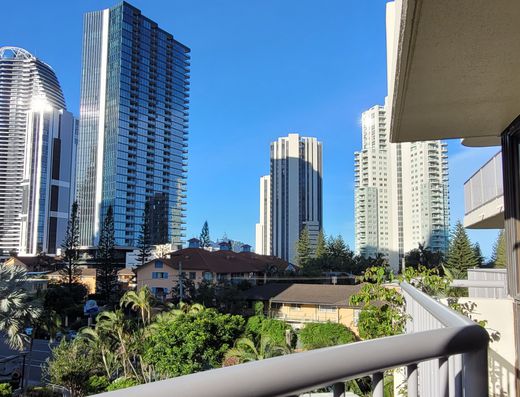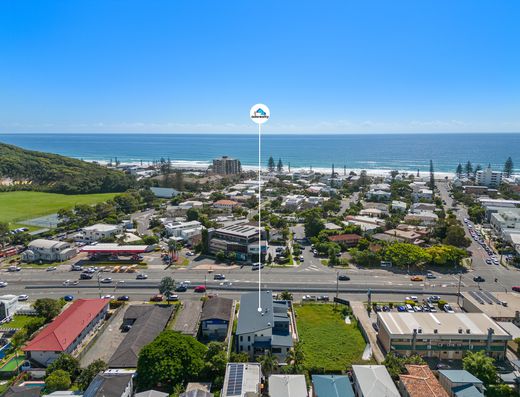How to refinance your home loan to buy an investment property
If you’re looking to buy an investment property and have equity in your own home, refinancing your home loan could be the best way to fund your purchase.
We show you how it works.
Why refinance your existing home loan?
Usually, when you take out a home loan to buy any property, you also need to have a deposit. This will generally be 20 per cent but could be as low as 5 per cent if you take out lenders mortgage insurance (LMI). By refinancing your existing home loan, you may be able to avoid having to save this deposit.
That’s because many lenders will let you use the equity in your home in place of a deposit. For instance, if your home is worth $1,000,000 and you owe $425,000 on your home loan, you have $575,000 of equity. A lender may let you use a portion of this as security against your investment property.
How much of your equity can you use when you refinance?
When you refinance you can generally borrow up to 80 per cent of the value of your home and sometimes up to 95 per cent, with LMI. That means in the above scenario, a lender may let you use $225,000 towards the purchase of your new home, even without LMI. That’s your $425,000 equity minus a 20 per cent buffer of $200,000.
This $225,000, in turn, could be used towards the purchase of an investment property.
That said, if you’re refinancing to buy an investment property, you should also consider the tax implications of how you structure any loan. For instance, if you use your existing home as security and place both properties on the one loan, you may miss out on the chance to take advantage of tax deductions.
Weighing up the cost of refinancing to buy an investment property
There are often costs associated with switching loans to refinance. This may include an establishment fee for the new loan, as well as discharge fees for your existing loan. If you have a fixed rate loan, this may even include break costs on your loan.
Keep in mind that you’ll also have to pay stamp duty, legal fees and other costs on your new property. You’ll also be up for ongoing costs such as council and water rates, property maintenance fees and potentially land tax.
One of the main reasons people generally buy an investment property is for the rental income. But it’s important to keep in mind that there may be periods where your investment property is vacant. For that reason, you should always make sure you have a buffer to cover the possibility that you won’t receive income for a few months or so.
Shopping around to refinance
When you refinance your home loan to buy an investment property you’ll have the choice of staying with your existing lender or switching to a new lender altogether.
Before you decide, it’s always worth shopping around to see what the best deals are. When you do, make sure you take into account the true cost of any loan you take out – including any fees – rather than simply choosing the loan with the lowest headline interest rate. You should also make sure that any new home loan continues to offer you any features you need, such as offset accounts or redraw facilities.
Talk to one of agents to get you in touch with a number of brokers that will assist in finding you the best deal!



